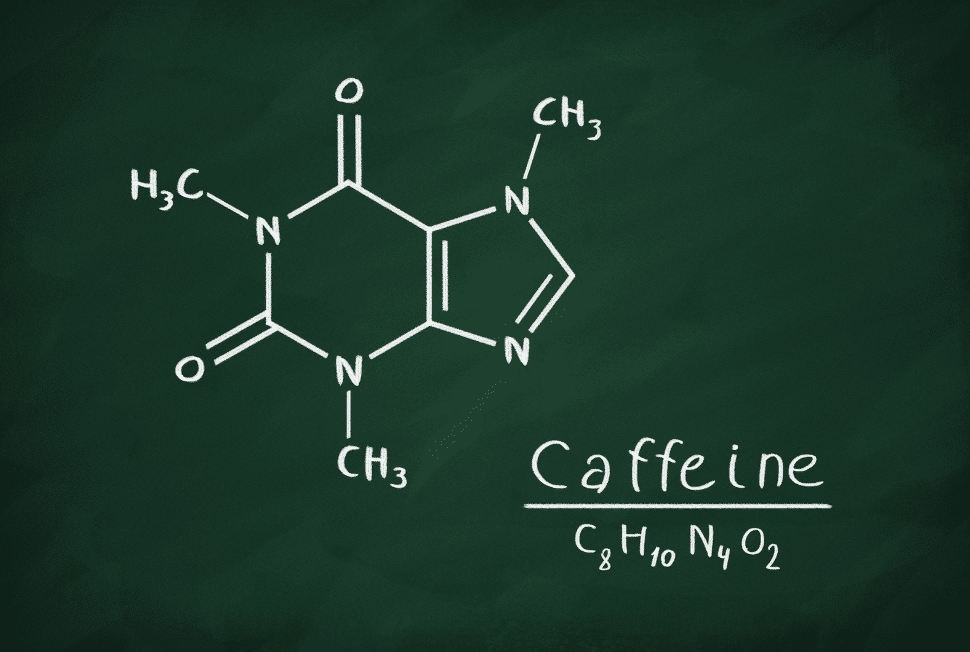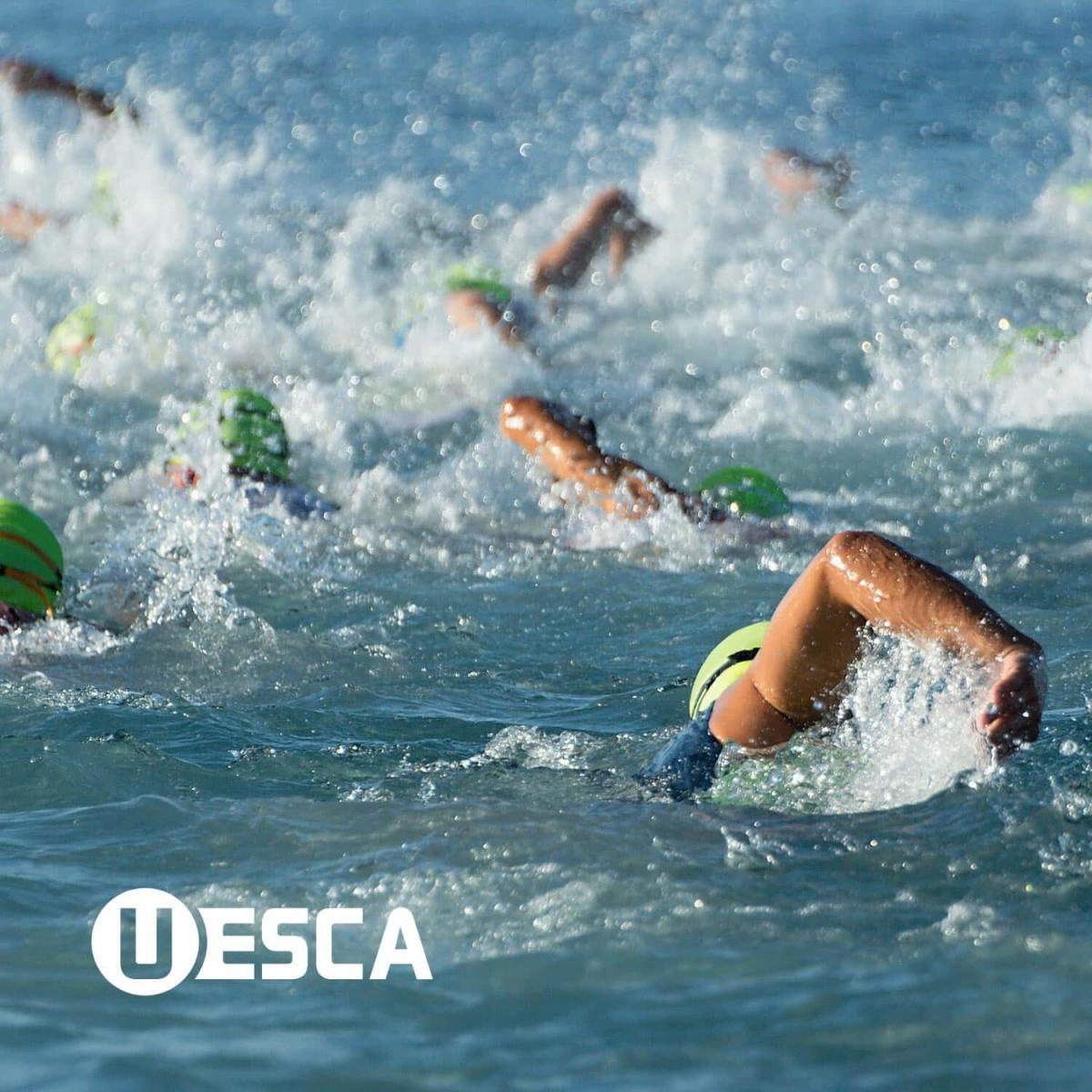Caffeine is well-known as a benefit to performance in many different ways. Find out how it can be used effectively and how it directly impacts athletes.

Caffeine is the most established performance enhancing agent in the endurance sports industry due to its ergogenic and cognitive potential.
In 1984, caffeine was included on the prohibited list by the Olympic officials. Urine analysis of 12 micrograms per milliliter and higher was the limit to test positive until the ban was lifted in 2003. It was thought that high doses were needed to see benefit. Since 2016, caffeine has been on the World Anti-Doping Agency (WADA) monitoring list and athletes can use caffeine in their diets or as supplements. However, the National Collegiate Athletics Association (NCAA) limits caffeine consumption for athletes before competing. A urine analysis of 15 micrograms of caffeine per milliliter is the limit, this almost equates to 500mg of caffeine and athletes may face legal consequences. (1)
In a published review of 21 meta-analyses, the ergogenic effects of caffeine ingestion improved aerobic endurance, muscle strength, muscle endurance, and anaerobic power. The magnitude of the effect on aerobic activities is higher compared to anaerobic exercises. These meta-analyses were found to have some limitations. The number of pooled male participants was up to 70%. This is important because females metabolize caffeine differently due to the hormonal changes of her cycle phases. (2)
Pharmacokinetics:
Caffeine’s exact mechanism of action remains unclear. Many hypothetical mechanisms leading to improved performance have been suggested, including (3,4):
a. Increased muscle fiber contractility through increasing calcium release from the sarcoplasmic reticulum, the main intracellular calcium stored in the striated muscles of the skeletal and cardiac muscle tissue.
b. Enhanced fatty acid utilization to improve muscle glycogen preservation. (This effect appears to be short and inconsistent)
c. Caffeine metabolites act as an antagonistic effect to adenosine receptors in the central nervous system (CNS) leading to increased alertness and reducing fatigue perception. (3,4)

Following oral ingestion of caffeine whether in liquid form or capsules, the absorption rate from the gastrointestinal tract is rapid with a 100% bioavailability and undergoes demethylation in the liver. Changes in the cytochrome P450 1A2 (CYP1A2) in the liver may reflect the different individual responses to caffeine metabolism. Some studies suggest ~33% of individuals did not show performance improvement. Peak blood concentration and effects are seen within an hour following ingestion. The half-life of caffeine is around 5 hours in the bloodstream before it loses 50% of its efficacy. Oral contraceptives seem to inhibit caffeine metabolism and double its serum half-life.
Caffeine in the form of gum has the most rapid absorption via the oral buccal mucosa avoiding first-pass metabolism in the liver or intestines. Plasma caffeine levels would rapidly peak in 5-15 minutes for chewing gum versus capsules or a coffee drink that will usually have a 35-45 minute delay to peak. Chewing caffeine gum may be beneficial in prolonged intense workouts as it has been theorized that splanchnic blood flow from the gut may be reduced during the workout and slow the absorption rate from the gut. This still needs further evidence to validate.
Dosing
No specified dose has been defined for an optimum ergogenic impact; it is thought that 200mg per dose is enough to elicit the effect. The accepted dose of 3-6 mg/kg has been suggested to improve performance.
In a review article, lower doses of caffeine triggered the CNS and cognition activation while higher doses (6 or 9 mg.kg−1) induced peripheral effects on performance. Increasing caffeine is based on individuals’ tolerance. In a systemic review, habitual coffee or caffeine consumption appears not to affect its ergogenic effects when used as a performance supplement. [6].

Some studies suggest that higher doses of caffeine up to 9mg/kg can improve aerobic performance when ingested before or after the session through a glycogen-sparing effect by inducing lipid oxidation and lipolysis to increase fatty acid availability for energy. The level of energy magnitude from mobilized fatty acids remains controversial.
For longer events beyond 2 hours, topping off with caffeine every 1-2 hours suggested improved performance with moderate doses of 3mg/kg in a cycling time trial study evaluating both 1.5mg/kg or 2.9m/kg at 80 minutes during the challenge with the latter showing higher response. Synergistic effects have been found when caffeine is consumed with carbohydrates in improving cycling production. This review paper on nutritional supplementation in endurance athletes recommends the use of caffeine in ultra-endurance events with periodic toppings. Low doses <3mg/kg can improve vigilance and cognitive function. (7)
Safety
Some concerns have been raised about the cardiovascular effects of caffeine. In a recent meta-analysis, caffeine does not seem to be associated with atrial fibrillation or changes in heart rate variability when evaluated in habitual consumers up to 400-500mg/day of caffeine. Diuretic effect from caffeine has been suggested in a literature review when 3 cups of coffee, an amount almost equivalent to ~ 300mg of caffeine, is ingested acutely which can result in increased urine output when the individual has been deprived of caffeine for days. Habitual drinkers will have diminished diuretic effect of caffeine and develop tolerance.
Caffeine Impact on Running Performance
Few studies have evaluated the caffeine impact on running and most data has been pooled from cycling trials suggesting an improved endurance performance with coffee by 3.1%. In a 2023 metanalysis, analyzing the existing literature on endurance running performance with caffeine, the following was noticed (8):
1. Time to exhaustion:
In looking at the measurement of an athlete’s maximum endurance capacity before exhaustion, the point when the runner decides to stop due to fatigue and muscle pain, studies revealed statistically higher values with caffeine versus placebo in recreational and trained runners. Caffeine also induces the release of dopamine in the brain and plasma β endorphins in the blood and alleviates the feeling of discomfort.
2. Time trials
A small ergogenic benefit was seen in fixed endurance running time for a given distance versus time-to-exhaustion events. A possible explanation is the difference in running dynamics for each event. Time trial runs such as races can have nonhomogeneous efforts and pace may fluctuate relative to fatigue. However, in time-to-exhaustion runs like long endurance or ultra races, the pacing strategy is constant, and intensity is controlled.
As a summary of this study analysis:
– Independent of the employed running endurance type, caffeine has significant benefits to both time trial and time to exhaustion.
– Caffeine is more effective in long endurance events to improve exhaustion times than middle/long distance time trials.
– Training status may not be a modifying factor to the ergogenic benefits of caffeine.
Summary:
Caffeine in moderation is associated with short-term benefits of enhanced cognitive performance, vigilance, and improved endurance performance. High consumption can induce insomnia, anxiety, and probable substance abuse. Pre-workout supplementation in the range of 3-6mg/kg has been accepted to show a medium ergogenic impact on time to exhaustion with a smaller effect on time trial runs. Absorption from chewing gum up to 200mg may be more efficient for training and races when a rapid ergogenic effect is needed within 15 minutes.
Future studies are needed to involve more women to assess the actual ergogenic effect in both sexes. Also to further evaluate the existence of habitual caffeine consumers’ tolerance to caffeine erogenicity and determine the ideal dose during ultra endurance events that can elicit the required ergogenic needs.
About the Author: Nadine Qtaish is a guest-blogger for UESCA. Nadine is a Jordanian PharmD based in England with over 13 years of experience of clinical practice and medical research in the pharmaceutical industry. The onset of the Covid-19 pandemic propelled her into a new arena – endurance sports. Embracing this shift, she became a certified running coach through UESCA. Her passion lies in driving knowledge through science-based research, continually seeking to integrate her expertise in clinical background with her pursuits in athletics.
You’ll find Nadine on Instagram at @fueling_on_plants, on LinkedIn at Nadine Qtaish, and via her Scientific Blog: Fueling On Plants.
References for this article:
- www.amp.marca.com accessed 18th Feb, 2024
- Raya-González J, Rendo-Urteaga T, Domínguez R, Castillo D, Rodríguez-Fernández A, Grgic J. Acute Effects of Caffeine Supplementation on Movement Velocity in Resistance Exercise: A Systematic Review and Meta-analysis. Sports Med. 2020 Apr;50(4):717-729.
- Stear SJ, Castell LM, Burke LM, Spriet LL. BJSM reviews: A-Z of nutritional supplements: dietary supplements, sports nutrition foods and ergogenic aids for health and performance Part 6. Br J Sports Med. 2010 Mar;44(4):297-8.
- Martins GL, Guilherme JPLF, Ferreira LHB, de Souza-Junior TP, Lancha AH Jr. Caffeine and Exercise Performance: Possible Directions for Definitive Findings. Front Sports Act Living. 2020 Dec 11;2:574854
- Institute of Medicine (US) Committee on Military Nutrition Research. Caffeine for the Sustainment of Mental Task Performance: Formulations for Military Operations. Washington (DC): National Academies Press (US); 2001. 2, Pharmacology of Caffeine
- Carvalho A, Marticorena FM, Grecco BH, Barreto G, Saunders B. Can I Have My Coffee and Drink It? A Systematic Review and Meta-analysis to Determine Whether Habitual Caffeine Consumption Affects the Ergogenic Effect of Caffeine. Sports Med. 2022 Sep;52(9):2209-2220.
- Vitale K, Getzin A. Nutrition and Supplement Update for the Endurance Athlete: Review and Recommendations. Nutrients. 2019 Jun 7;11(6):1289.
- Wang Z, Qiu B, Gao J, Del Coso J. Effects of Caffeine Intake on Endurance Running Performance and Time to Exhaustion: A Systematic Review and Meta-Analysis. Nutrients. 2022 Dec 28;15(1):148.








